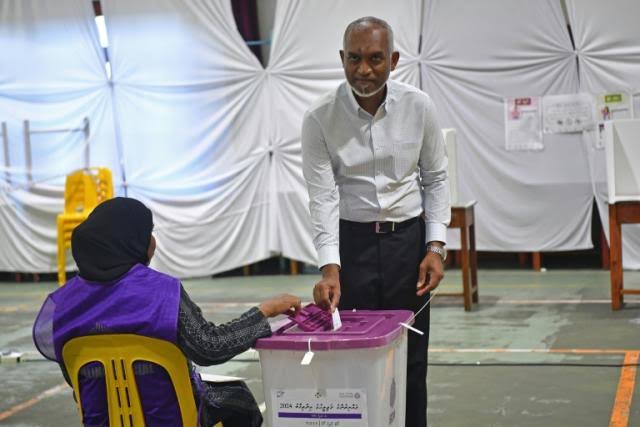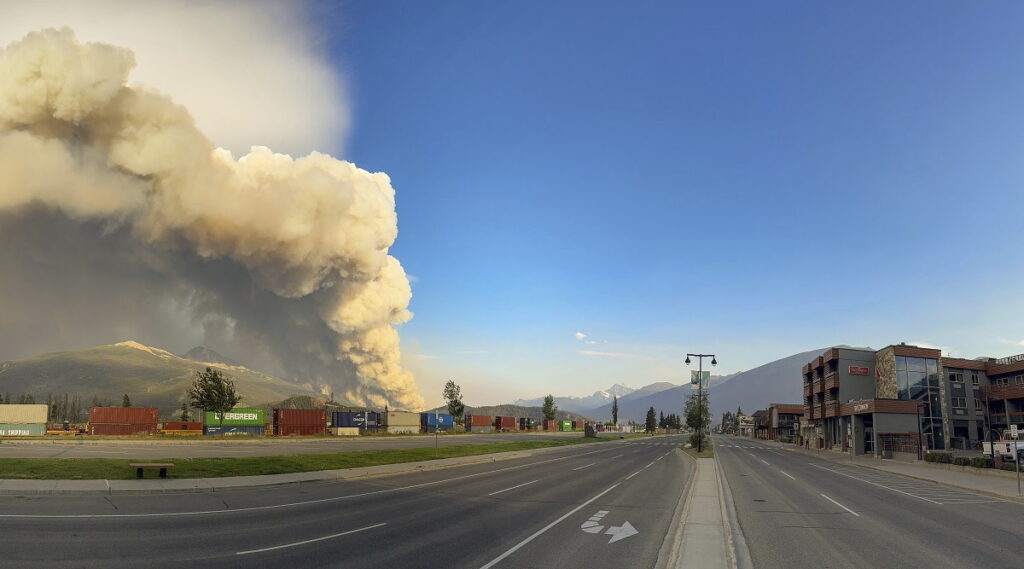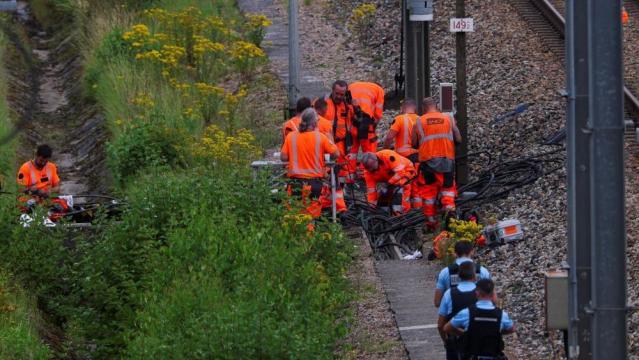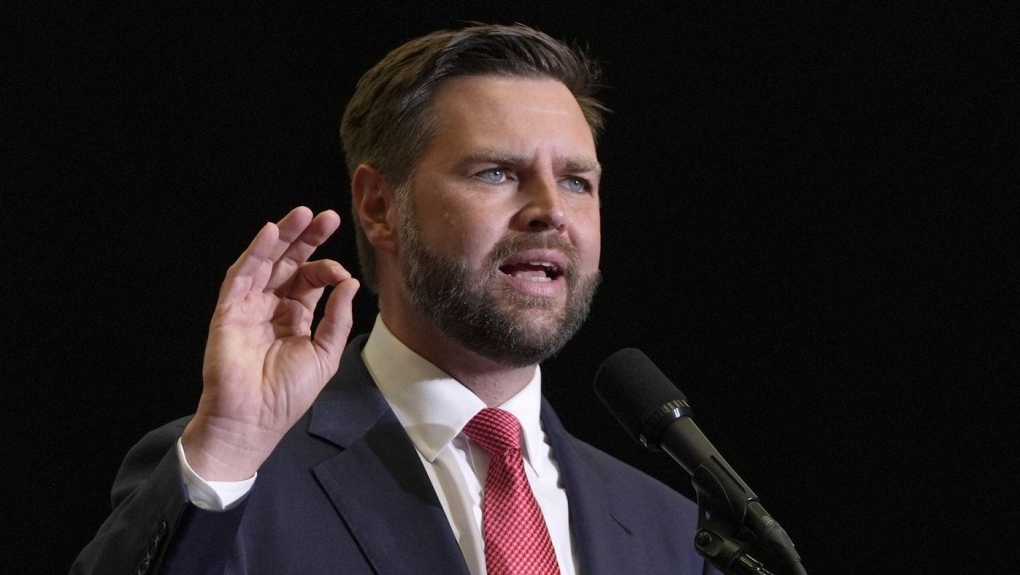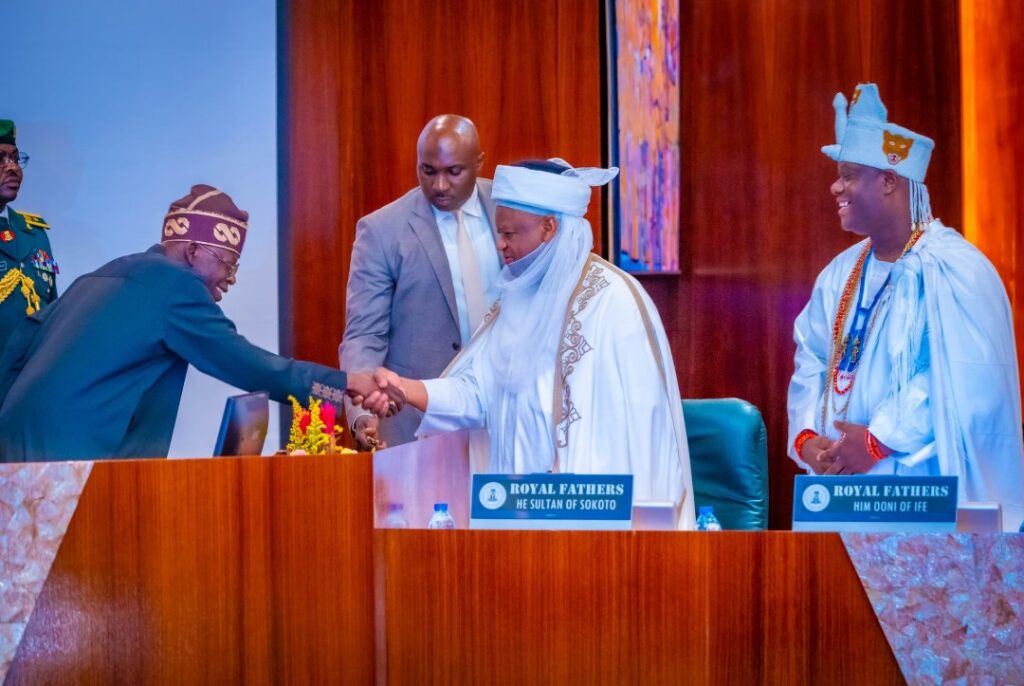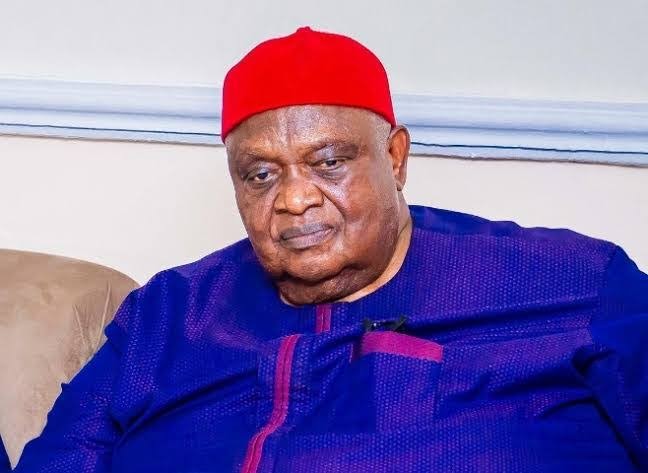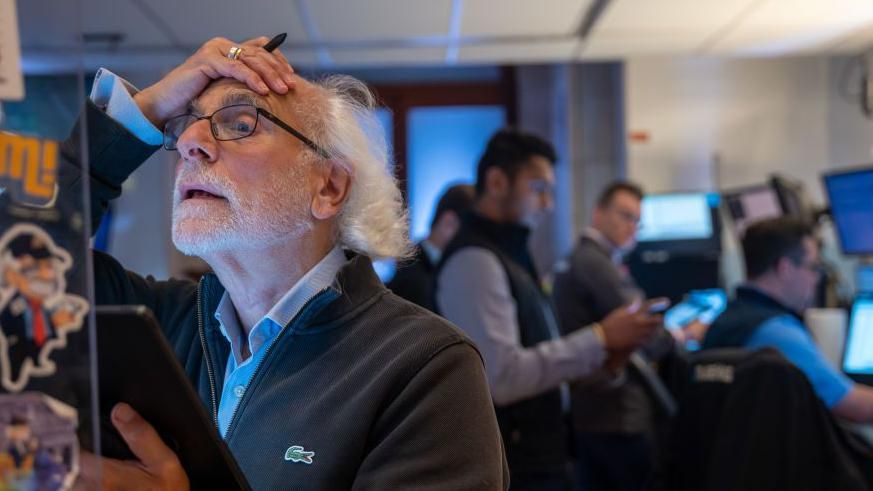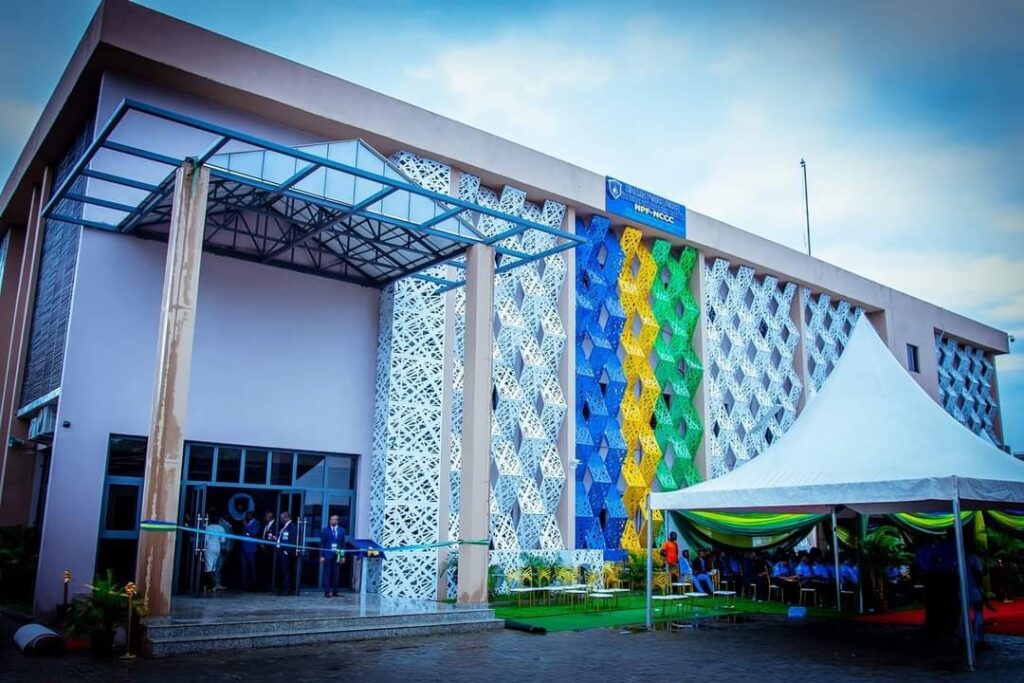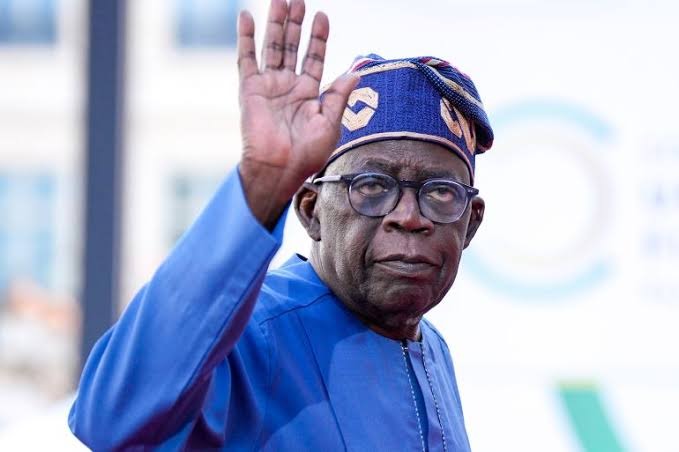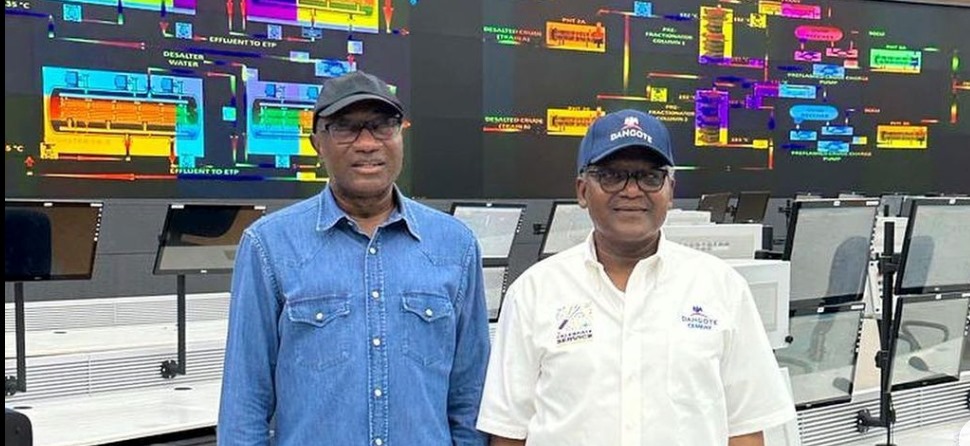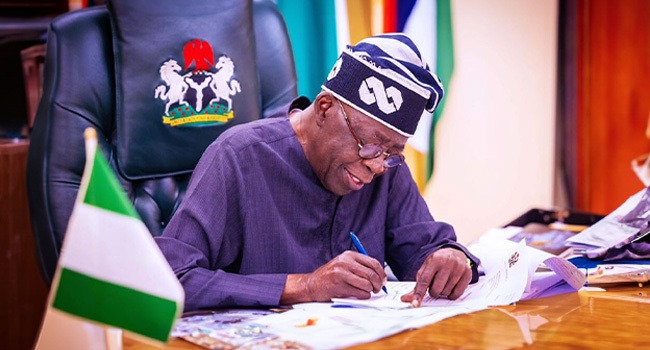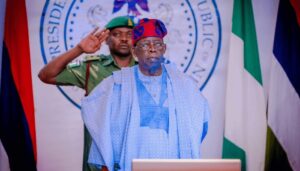Maldives President Mohamed Muizzu’s resounding victory in the parliamentary elections has solidified his party’s grip on power and set the stage for a significant shift in the nation’s geopolitical alignment toward China.
The People’s National Congress, led by the 45-year-old advocate of Chinese investment, secured a commanding two-thirds majority in Sunday’s polls for the 93-member assembly, dealing a severe blow to its pro-Indian rival.
A civil engineer educated in Britain, Muizzu’s ascent to the presidency in September came unexpectedly after he served as construction minister under his mentor Abdulla Yameen.
Yameen’s incarceration for corruption propelled Muizzu to lead the party as his proxy, positioning him as the torchbearer in an election centered on the Maldives’ strategic allegiance between China and India.
In a departure from tradition, Muizzu chose Beijing over New Delhi for his inaugural state visit after assuming office, signaling his intent to deepen ties with China.
During the visit, he inked several agreements aimed at enhancing bilateral cooperation and securing funding for critical infrastructure projects, reflecting his track record of overseeing Chinese-funded initiatives during his tenure as construction minister and mayor of the capital Male.
Muizzu’s electoral triumphs have been fueled by a sustained campaign against India’s perceived dominance in Maldivian affairs, tapping into public sentiment for a realignment with China.
His “India out” rhetoric resonated with voters, who perceive closer ties with China as a catalyst for accelerated development, particularly in infrastructure.
The president’s agenda includes reducing Indian influence, as evidenced by his directive for the withdrawal of India’s military detachment and the procurement of drones from Turkey to replace Indian-donated aircraft for maritime surveillance.
Additionally, Muizzu is spearheading efforts to fortify the Maldives against rising sea levels due to climate change, emphasizing self-sufficiency and resilience in the face of environmental challenges.
The Maldives — some 1,192 tiny coral islands scattered 800 kilometres (500 miles) across the equator — is one of the countries most vulnerable to sea level rises caused by global warming.
Muizzu is pushing for the construction of fortress islands to withstand the waters.
He has vowed that the country will not be abandoned, despite a predecessor once warning that authorities may have to buy land in Australia or elsewhere to relocate Maldivians should it sink under the rising waves.
In an interview with AFP soon after his election, Muizzu said he was seeking $500 million to build fortified islands so that they will not have to flee their homeland.
“If we need to increase the area for living or other economic activity, we can do that,” Muizzu said. “We are self-sufficient to look after ourselves”.

